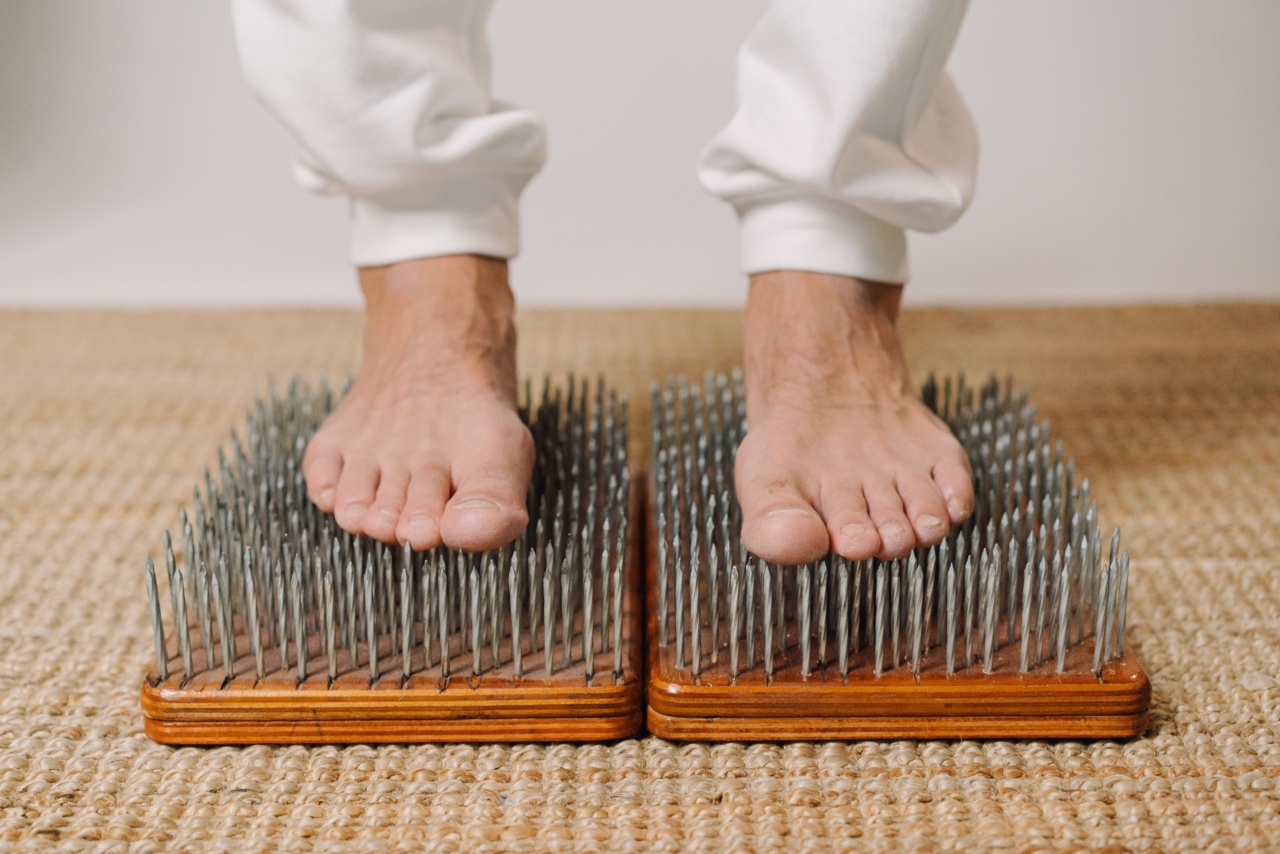Most people are aware of the importance of hydration for overall health, but did you know that staying hydrated is also essential for maintaining a razor-sharp mind? It’s true! Dehydration can have a significant impact on cognitive function, affecting everything from memory and attention to problem-solving skills and creativity. In this article, we will explore the connection between hydration and mental sharpness and provide useful tips for staying hydrated throughout the day.
How Dehydration Impacts Cognitive Function
The human brain is made up of approximately 75% water, so it should come as no surprise that dehydration has a profound effect on its performance.
When you don’t drink enough water, your body becomes dehydrated, which can lead to a range of cognitive issues.
One of the first cognitive functions affected by dehydration is memory. Research has shown that even mild dehydration can impair short-term memory, making it more difficult to remember and retain information.
Dehydration also affects attention and concentration, making it harder to stay focused on tasks and maintain productivity.
Additionally, problem-solving skills and critical thinking abilities may be compromised when the brain lacks proper hydration.
Dehydration can hinder the brain’s ability to process information efficiently, which can hinder problem-solving abilities.
In some cases, severe dehydration can even lead to confusion, disorientation, and mental fatigue. This highlights the importance of staying properly hydrated to ensure optimal cognitive function.
The Connection Between Hydration and Mental Performance
So, how exactly does staying hydrated enhance mental performance? Let’s delve into the science behind this connection.
When you drink enough water, it helps to ensure that your brain receives an adequate supply of oxygen and essential nutrients.
This is because water helps to facilitate the delivery of nutrients to brain cells and aids in the removal of waste products and toxins.
Proper hydration also helps to maintain the balance of electrolytes in the body, including sodium and potassium. Electrolytes play a critical role in the transmission of nerve impulses, which are essential for optimal brain function.
When you’re dehydrated, this delicate balance can be disrupted, leading to impaired cognitive performance.
Furthermore, staying hydrated helps to regulate body temperature, which is important for optimal brain function. The brain is sensitive to changes in temperature, and even slight increases can affect cognitive abilities.
By maintaining proper hydration, you can help regulate body temperature and support optimal brain function.
Tips for Staying Hydrated Throughout the Day
Now that we understand the importance of hydration for mental sharpness, let’s explore some practical tips to help you stay properly hydrated throughout the day:.
1. Carry a Reusable Water Bottle
Invest in a high-quality reusable water bottle and carry it with you wherever you go. This will serve as a constant reminder to drink water and make it more convenient to stay hydrated, whether you’re at work, running errands, or exercising.
2. Set Reminders
In our busy lives, it’s easy to forget to drink water. Set reminders on your phone or use a hydration tracking app to prompt you to drink water regularly.
Aim for at least eight glasses (64 ounces) of water per day, and adjust your intake based on your activity level and climate.
3. Spice Up Your Water
If plain water seems unappealing, try infusing it with fruits, herbs, or cucumbers to enhance the flavor. Experiment with different combinations to find your favorite infused water recipes.
4. Eat Hydrating Foods
Remember that your hydration doesn’t solely depend on drinking water. Many fruits and vegetables, such as watermelon, cucumbers, tomatoes, and strawberries, have high water content and can contribute to your overall hydration.
5. Limit Caffeine and Alcohol
Caffeine and alcohol are diuretics, meaning they can increase urine production and lead to dehydration.
While it’s okay to enjoy your morning cup of coffee or a glass of wine, be mindful of your overall intake and balance it with an increased water consumption.
6. Monitor Urine Color
Your urine color can provide valuable insights into your hydration levels. Aim for a pale yellow color, which indicates a properly hydrated state. Darker urine is a sign of dehydration, and you should increase your fluid intake.
7. Make Water Easily Accessible
Keep a water pitcher or a dispenser on your desk, kitchen counter, or any other place where you spend a significant amount of time. Having water readily available will make it more likely for you to sip on it throughout the day.
8. Drink Water Before Meals
Make it a habit to drink a glass of water before each meal. Apart from aiding in digestion, this practice will also contribute to your daily hydration goals.
9. Use Water-Based Moisturizers
Skincare is another aspect of hydration. Opt for water-based moisturizers and hydrating skincare products to keep your skin healthy and prevent moisture loss.
10. Listen to Your Body
Above all, listen to your body’s signals. If you feel thirsty, it’s a sign that you need to drink water. Pay attention to any signs of dehydration, such as headaches, dry mouth, or fatigue, and address them promptly by drinking water.
Conclusion
Staying hydrated is not only crucial for maintaining optimal physical health but also for promoting mental sharpness. Dehydration can have a negative impact on cognitive function, affecting memory, attention, problem-solving skills, and creativity.
By prioritizing hydration and following the tips outlined in this article, you can ensure that your brain receives the hydration it needs for peak mental performance. Cheers to a sharp and hydrated mind!.






























